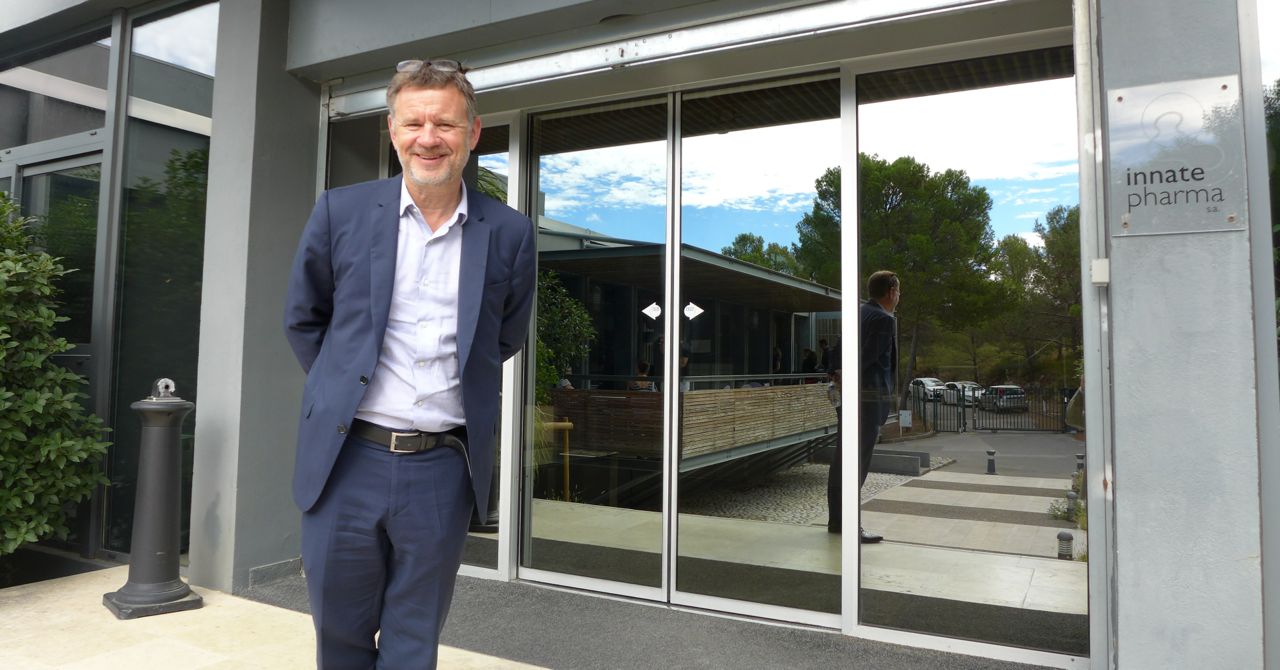Challenges and Opportunities with NK cells for cancer therapeutics
After extensive – and at times, intensive – preclinical and clinical research on the adaptive immune system and how best to activate the cytolytic T cells in both hematological malignancies and solid tumours, attention is beginning to increase on the innate immune system. In particular, researchers are investigating how approaches in this realm can be incorporated into rational combinations with adaptive therapies, such that outcomes might be improved more than with either alone.
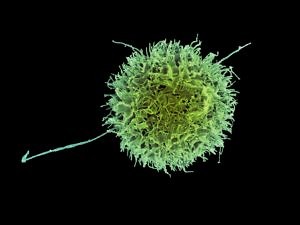
Human Natural Killer cell Source: NIH
There are a number of ways to activate the innate immune system and direct dendritic or NK cells, for example. Some therapeutics seek to boost the responses via different innate sensing pathways such as cGAS/STING or CD47/SIRPα, for example, while others involve targeting stimulatory cytokines, chemokines, toll-like receptors (TLRs), etc through various agonist molecules.
There are also a myriad of vaccination strategies to consider involving neoantigens or neoepitopes, not to forget NK cell infusions, various NK CARs, bi/trispecifics and even checkpoint blockade of NK related targets.
These development have typically not received the same amount of attention as their T cell cousins, but it’s certainly an active and fertile area of research and one that we are likely to hear more about going forward as new developments start to make their mark.
In a world of ‘T cell chauvinists’ – to quote Dr Adi Diab (MD Anderson) – let’s not forget or ignore the humble NK cells, which also have cancer killing abilities.
Over the next three weeks, we have an extended mini-series focusing on NK cells rolling out with interviews and commentary from academia and biotechs alike across both sides of the pond. It promises to be an interesting and provocative ride with plenty of critical questions to pose and resolve along the journey.
So, hang onto your hats for the first part of the journey…
To learn more and get a heads up on our latest immuno-oncology insights, subscribers can log-in or you can click to gain access to BSB Premium Content.
This content is restricted to subscribers
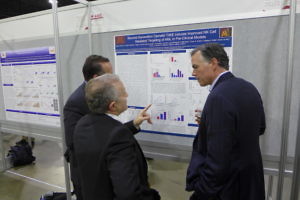

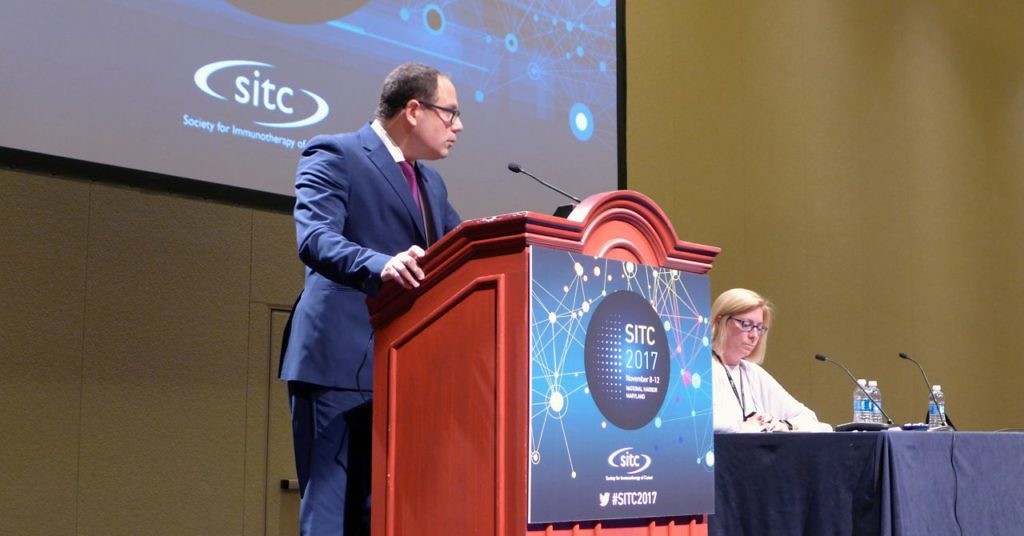
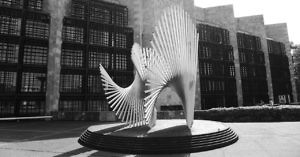
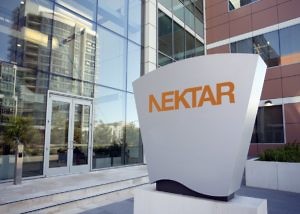
 In the sixth Preview relating to the annual meeting at #AACR17, we take a closer look at an immuno-oncology topic that we are likely to see and hear more about over the next couple of years.
In the sixth Preview relating to the annual meeting at #AACR17, we take a closer look at an immuno-oncology topic that we are likely to see and hear more about over the next couple of years.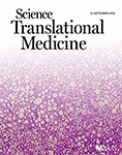 Rizwan Romee, Maximilian Rosario, Melissa Berrien-Elliott and colleagues at the Washington University School of Medicine in St Louis (
Rizwan Romee, Maximilian Rosario, Melissa Berrien-Elliott and colleagues at the Washington University School of Medicine in St Louis (
